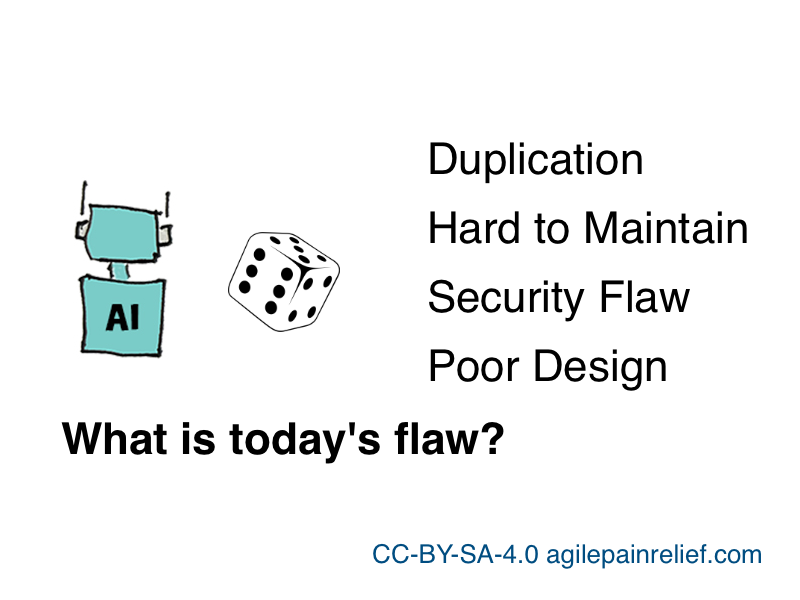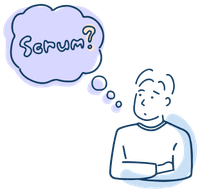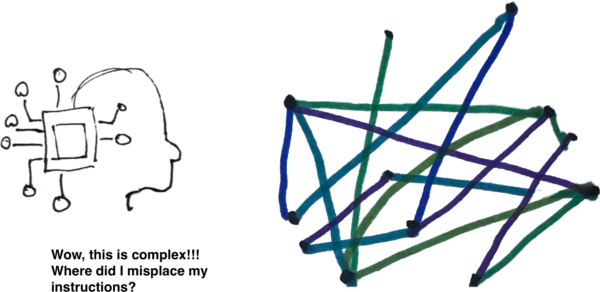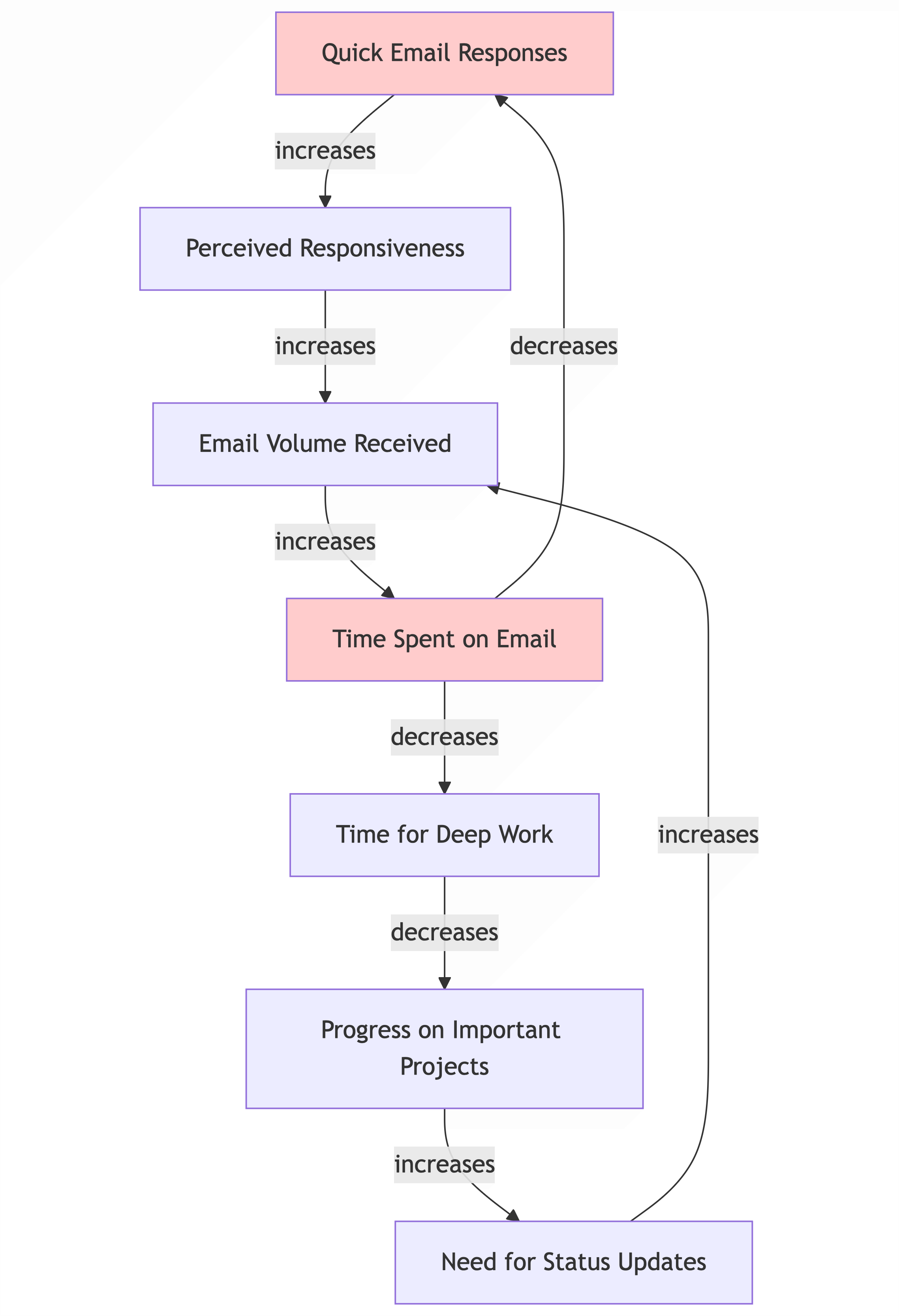I wanted to take the time to leave this review after seeing how my new Scrum knowledge has impacted my work. Now, I can confidently say that the training not only gave me a deeper understanding of Agile and Scrum but also boosted my confidence, motivation, and drive. I apply my new skills every single day, and they have made a significant difference in how I support my teams.
Mark, thank you for contributing to my growth—I’m so glad I took this step. Your training was engaging, insightful, and truly life-changing for anyone passionate about Scrum and Agile. I highly recommend this certification to anyone looking to elevate their skills and make a real impact in their teams!
Anastasia FVirtual






